In Our Organs, the Echos of Our Emotions
The body retains the memory of trauma, whether it be physical or emotional. In intense stress situations, the brain passes the excess stress on to the organs, whose fibrous matter immediately records the emotion. This sets off a psychosomatic reaction; the human body is the seat of a permanent "emotion-organ-behavior-organ" cycle. Each organ is connected to specific emotions. When we feel an emotion, it is not our foot or our chin reaction, but our organs. Conversely, they are extremely receptive to our emotions and feelings. Our organs react depending on the intensity, the severity, and the duration of the stress they encounter. Every person has his or her weak links, an organ or body part that is more vulnerable than the others and becomes the main target of stress. There is often a genetic predisposition to weakness of a particular organ. Or it may heve became weak due to an unhealthy lifestyle.
Sometimes pain originates with an emotional upset, which then creates distress in the associated organ. Sometimes an organ is physically damaged, and this in turn stimulates the associated emotional traits to emerge. Not all the symptoms are necessarely present in one individual, and we all show signs of each tendency at different times. When the physical problem improves, the person's behavioral stability returns, to a greater or lesser degree. Conversely, if the behavioral component improves, the adverse physical symptoms will lessen. But the tendencies pertaining to the weak link will remain and arise again if the organ encounters a new problem. Being aware of the psychoemotional connection with the organs will assist you in achieving and maintaining optimum well being.

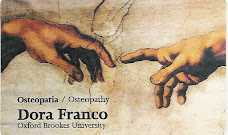

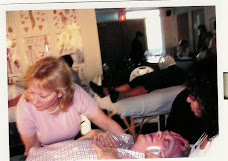
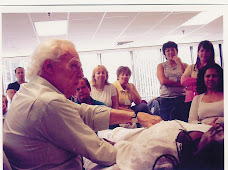
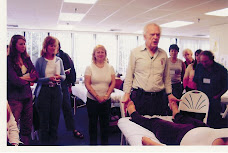




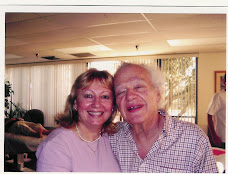









Sem comentários:
Enviar um comentário